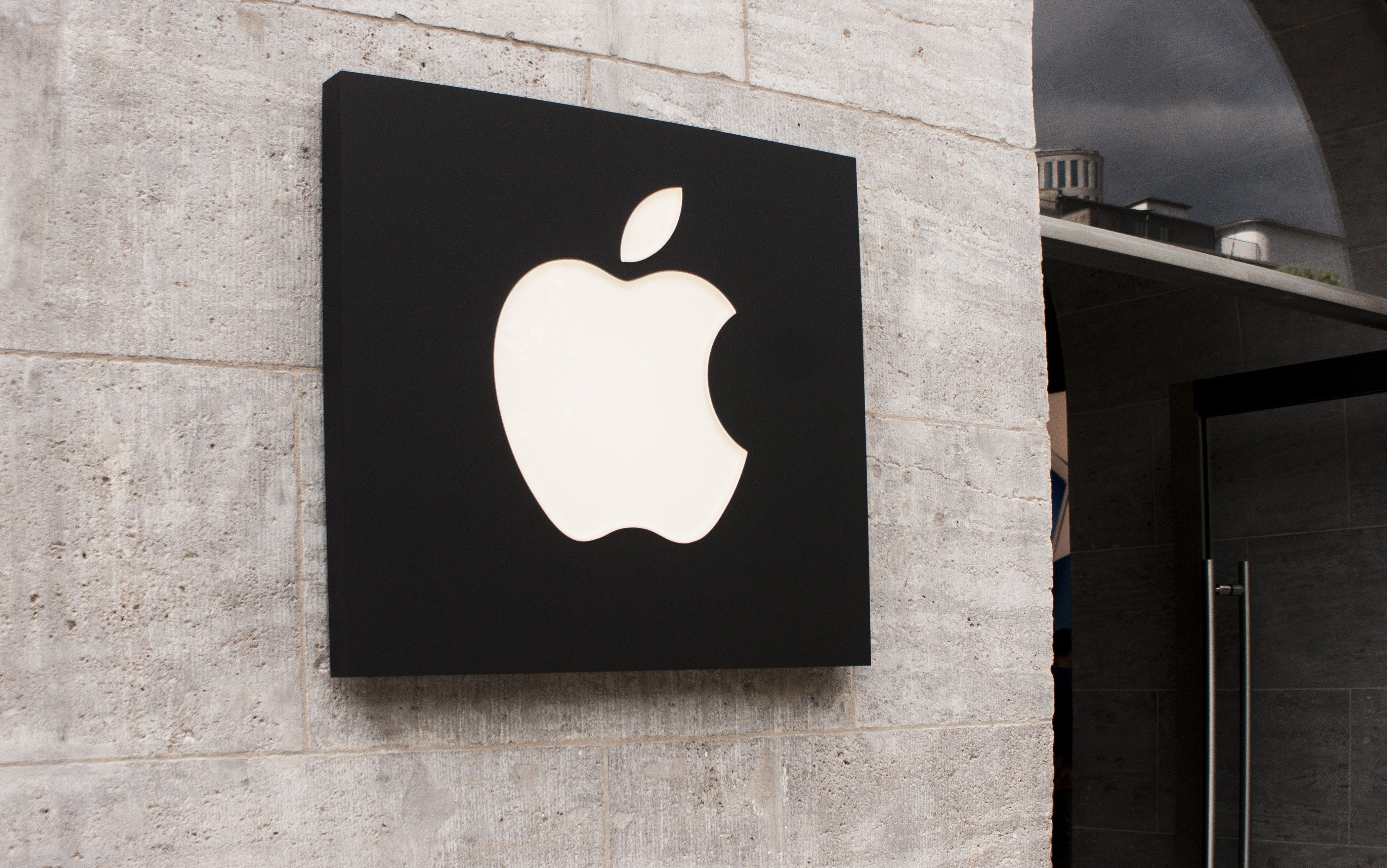Norfolk Council hits Apple with class action lawsuit
The council alleges Apple misrepresented the state of its business in China in 2018


Norfolk County Council is leading a class-action lawsuit against Apple over the company allegedly misleading investors about the status of its business in China.
A filing from 4 February shared with IT Pro revealed that a judge in California has granted class-action status to the case, in which the council is acting on behalf of its Norfolk Pension Fund and is suing Apple CEO Tim Cook and CFO Luca Maestri.
The council alleges that in late 2018, Apple misrepresented the state of its business in China, the company’s most important growth market at the time. On 1 November, 2018, Apple held a conference call for analysts and investors to discuss its 2018 fourth quarter financial results.
Analysts expressed concerns about deceleration in emerging markets, to which Cook responded by saying that Apple is seeing pressure in Turkey, India, Brazil, and Russia, markets where currencies had weakened. However, Cook said he wouldn’t put China in that category.
“Our business in China was very strong last quarter. We grew 16%, which we’re very happy with. iPhone, in particular, was very strong double-digit growth there. Our other products category was also stronger, in fact, a bit stronger than even the…overall company number,” Cook said.
The filing alleges that Apple knew facts indicating otherwise, including that US-China tensions and economic conditions in China were negatively impacting sales and demand for Apple products, particularly iPhones. It added that Apple had already, or was preparing to, cut iPhone production at multiple manufacturers and reduce orders from its largest suppliers of iPhone components.
On 5 November, there were reports that Apple instructed its top smartphone assemblers to halt plans for additional production lines for the recently released iPhone XR. The filing cites a 12 November Wells Fargo report estimating that the company had reduced iPhone production by as much as 30%.
Get the ITPro daily newsletter
Sign up today and you will receive a free copy of our Future Focus 2025 report - the leading guidance on AI, cybersecurity and other IT challenges as per 700+ senior executives
On 2 January 2019, Apple preannounced its first earnings shortfall in 15 years, with Cook stating in a letter to investors that revenue for the first quarter of 2019 was expected to be $84 billion, in contrast to the company’s predictions of $89 to $93 billion.
The letter cited challenges to emerging markets, with Cook saying that the company didn’t foresee the magnitude of the economic deceleration, particularly in China.
“In fact, most of our revenue shortfall to our guidance, and over 100% of our year-over-year worldwide revenue decline, occurred in Greater China across iPhone, Mac and iPad,” wrote Cook.
He added that China’s economy began to slow in the second half of 2018, and that it had been further impacted by rising trade tensions with the US. The filing states that Apple’s stock price declined from a close of $157.92 per share on 2 January to a close of $142.19 per share on 3 January on unusually heavy trading volume.
RELATED RESOURCE

IT Pro has contacted Apple for comment.
Judge Gonzalez-Rogers has granted in part the motion for class certification, meaning it can involve others who bought Apple stock between 2 November 2018 and 2 January 2018 and suffered damages.
Norfolk Council told IT Pro that due to the ongoing legal proceedings, it was not able to provide a comment. However, it added that the Pension Fund, and therefore the County Council, is fully indemnified against costs arising in the case.
It said it is practice in the US for the plaintiff counsel to fund the case and then to be remunerated upon success as a percentage of any agreed settlement or award made by the court in the unusual instance of a trial judgement. The fee paid to counsel has to be agreed by the court, so there’s no exposure for taxpayers in Norfolk.
Zach Marzouk is a former ITPro, CloudPro, and ChannelPro staff writer, covering topics like security, privacy, worker rights, and startups, primarily in the Asia Pacific and the US regions. Zach joined ITPro in 2017 where he was introduced to the world of B2B technology as a junior staff writer, before he returned to Argentina in 2018, working in communications and as a copywriter. In 2021, he made his way back to ITPro as a staff writer during the pandemic, before joining the world of freelance in 2022.
-
 CISA issues warning in wake of Oracle cloud credentials leak
CISA issues warning in wake of Oracle cloud credentials leakNews The security agency has published guidance for enterprises at risk
By Ross Kelly
-
 Reports: White House mulling DeepSeek ban amid investigation
Reports: White House mulling DeepSeek ban amid investigationNews Nvidia is caught up in US-China AI battle, but Huang still visits DeepSeek in Beijing
By Nicole Kobie